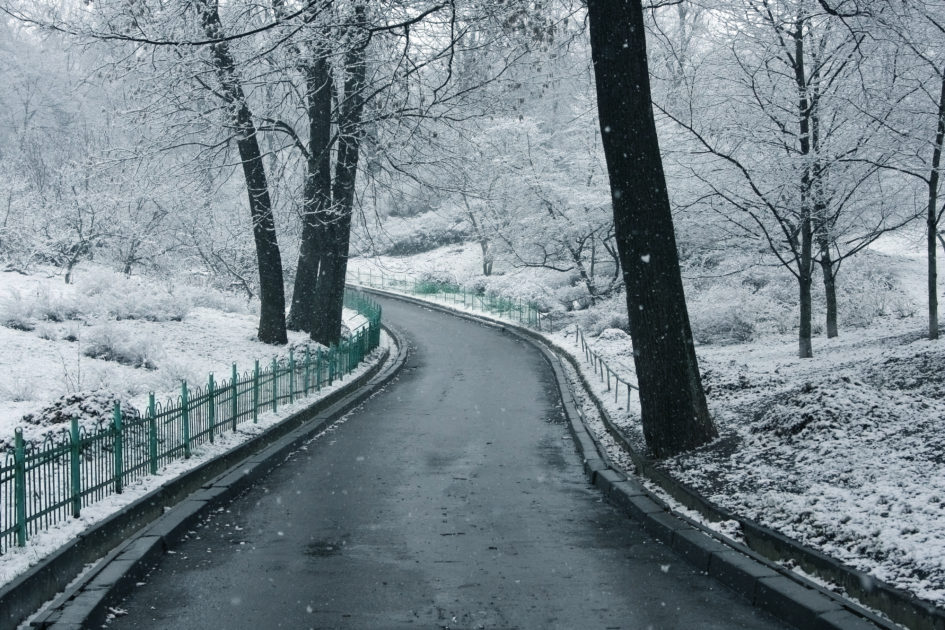Winter is coming……and with it comes the tricky issue of snow removal and liability exposure. The Fourth District recently issued an opinion that is favorable to those involved in snow removal. In Winters v. MIMG LII Arbors at Eastland, LLC, 2018 IL App (4th) 170669 (August 14, 2018) Plaintiff was injured when he slipped and fell when, en route to a laundry facility, he walked on a pile of snow and ice on the sidewalk at his apartment complex. The Court found that the pile of snow was “open and obvious” as a matter of law. A condition on the land is “open and obvious” when a reasonable person in the plaintiff’s position, exercising ordinary perception, intelligence, and judgment, would recognize both the condition and the risk involved. For example, open and obvious doctrine applies to conditions like fire or bodies of water; however, it can extend to other conditions such as sidewalk defects.
However, there are two exceptions to the open and obvious doctrine: (1) the distraction exception and (2) the deliberate encounter exception. The distraction exception applies when the possessor of land has reason to expect that his or her invitees may be distracted and will therefore fail to discover or protect against the open and obvious danger. This exception will apply only when evidence exists from which the court can infer that the plaintiff was actually distracted.
The deliberate encounter exception applies when the possessor of land has reason to expect that his or her invitee or licensee will proceed to encounter the known or obvious danger because a reasonable person in plaintiff’s position would do so. The deliberate encounter exception is usually applied in cases involving some kind of economic compulsion ie if someone is on the job and there is a need to get somewhere quickly. The Winters Court advised that the deliberate encounter exception did not apply where Plaintiff knew that there were multiple ways to reach the laundry facility. Further, the Court pointed out that the Plaintiff failed to show that a reasonable person in his position would have found greater utility in walking over snow pile instead of using the alternative path.
In sum, this case is favorable to those involved in the removal of snow, such as local government entities. Luckily, public entities also have some Tort Immunities to rely upon. The take away is that while care should be taken in snow removal and placement of snow piles, it is not necessarily automatic liability where alternate routes are available for patrons to use. Please consider discussing this issue with your Buildings and Grounds or Public Works Departments. For further questions regarding snow removal policies and exposures, please contact your Tressler attorney.
AMENDMENT TO NURSING MOTHERS IN THE WORKPLACE ACT
Employers should be aware of a recent change in the law pursuant to Public Act 100-1003. Effective immediately, the Nursing Mothers in the Workplace Act requires employers to provide a reasonable break time each time the employee needs to express milk. 820 ILCS 260/10. Previously the law had only required “unpaid break time each day”. The law now requires that the break time may run concurrently with any break time already provided to the employee, but an employer may not reduce an employee’s compensation for time used for the purpose of expressing milk or nursing a baby. An exception to this reasonable break time requirement is if it would cause an undue hardship on the employer as defined by Section 2-102(j) of the Illinois Human Rights Act. Employers should review their personnel manual to determine whether a revision is necessary. Please feel free to contact your Tressler attorney for further discussion on this issue.
